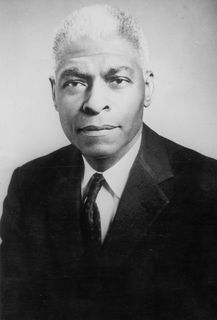A Quote by Steven Levitt
In the United States especially, politics and economics don’t mix well. Politicians have all sorts of reasons to pass all sorts of laws that, as well-meaning as they may be, fail to account for the way real people respond to real-world incentives.
Related Quotes
One of the reasons people might be fallible, why we might fail to do what we try to do isignorance, that we have a limited understanding of the laws of the world - the physical laws that govern the world and of all the particulars of the world upon which those laws work. And then there's ineptitude, meaning that the knowledge is available, but individuals fail to apply it correctly. The third source is "necessary fallibility." That is, we're never going to be omniscient, there is some knowledge that we will simply never achieve, and there are limits to what we will be able to do.
Ever since the economic crisis in 2008, millions of people have accepted cuts in all sorts of things - from real wages and living standards to benefits and hospital care - without any real opposition. The cuts may be right, or they may be stupid - but the astonishing thing is how no-one really challenges them.
We may well soon be subjected to anything that judges want to enforce.... The result will be an enforced inability of the states to pass laws that reflect the principled judgment of their own citizens....And as our Founders taught us so well, ...[that] will be the end of liberty and the establishment of tyranny in America.
Everyone in the United States is so intense about maintaining a separation between Church and State when the real concern should be about keeping a separation between Corporations and State--because in America (and most of the rest of the Western World, for that matter) economics is the real religion.
One of the real dilemmas we have in our country and around the world is that what works in politics is organization and conflict. That is, drawing the sharp distinctions. But in real life, what works is networks and cooperation. And we need victories in real life, so we've got to get back to networks and cooperation, not just conflict. But politics has always been about conflict, and in the coverage of politics, information dissemination tends to be organized around conflict as well.



































